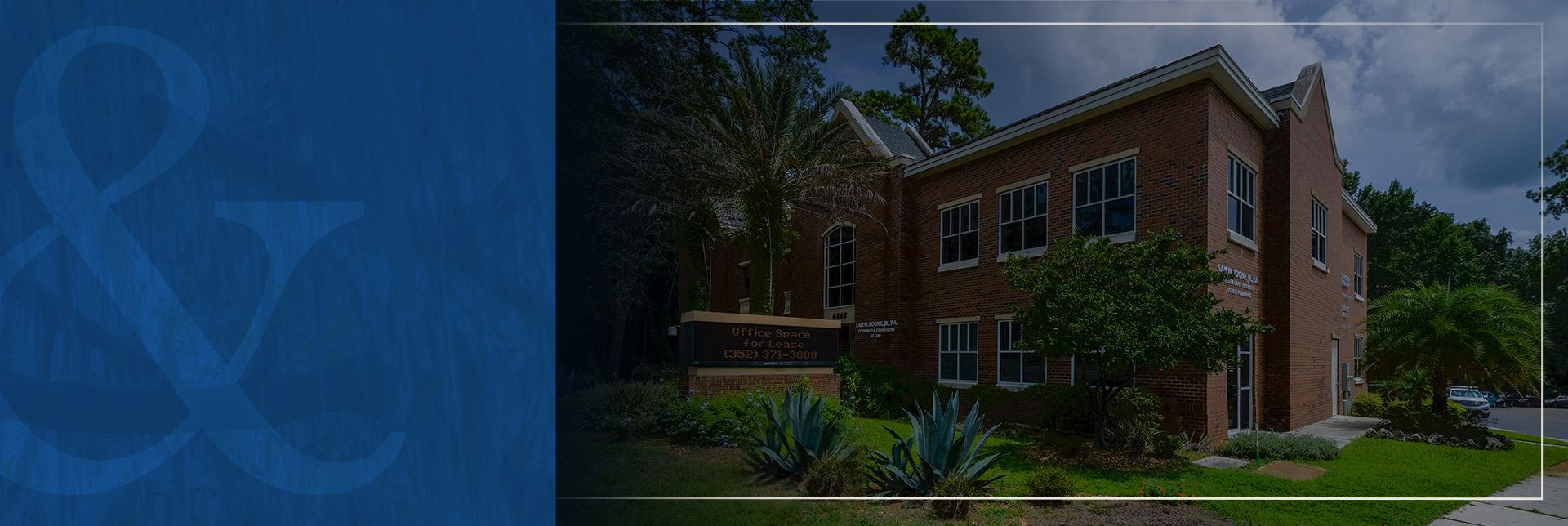A surprising area of personal injury law is how injuries caused by one person can be legally attributed to someone else. Nonetheless, Florida law is very protective of an injured party following an accident, and rightfully so. If you are the victim who suffered serious injuries in an accident that was not your fault, it can be difficult to keep up with the medical bills while you are unable to work. Moreover, there is likely a growing concern as to how future medical bills for long-term therapies will be paid. If you seek legal counsel immediately following an accident, your lawyer might explain that seeking compensation from all liable parties could help pay immediate bills as well as recoup monies to meet your future costs of treatments.
Doctrines Used to Determine Vehicle-Owner Liability
There are two legal doctrines used by Florida courts, including the Florida Supreme Court, that aim at holding vehicle owners liable for damages resulting from the negligent operation of a borrowed vehicle. These are the doctrine of vicarious liability and the doctrine of negligent entrustment. Under vicarious liability, a vehicle owner is liable (without fault) for injuries caused by the negligent operation of the vehicle by a consensual driver. For example, this law can come into play when an employee is involved in an accident while performing a work-related function. However, damages are limited by a Florida Statute to a maximum of $100,000 per person. Negligent entrustment, which allows a victim to obtain full compensation for injuries, requires the victim to prove the owner knew or should have known that entrusting their vehicle to the driver at issue was a bad idea, i.e., the driver had a history of reckless driving.
Bringing a Personal Injury Lawsuit for Negligent Entrustment
If you were injured in a car accident that was caused by the negligence, omissions, or wrongful acts of another, then you may have a right of action to seek compensation from all parties that are considered responsible under Florida laws. Vicarious liability claims are generally easy to prove but have financial limits, whereas cases involving negligent entrustment can be more difficult to prove but there is no cap to the liability for injuries. An encompassing Florida law called the Dangerous Instrumentality Doctrine (e.g. - supplier liability for negligently loaning a potentially dangerous instrument like a gun or car that resulted in injuries) may also apply to lawsuits seeking compensation for an injured car accident victim. This doctrine has noted exceptions, such as the vehicle cannot have been stolen, and strict liability includes anyone whose name appears on the vehicle's title.
If you or a loved one have been injured due to someone else's negligent or reckless actions, remember Experience Matters. Contact Schackow & Mercadante to speak directly with our personal injury lawyer about seeking adequate compensation for your injuries.

